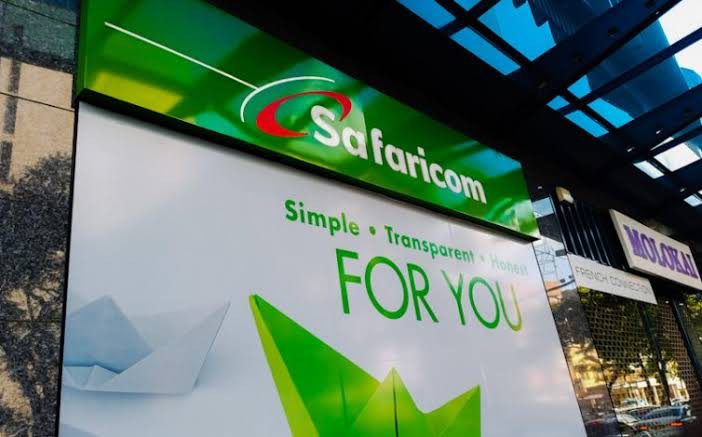Telecommunications giant Safaricom, has reportedly set up 22,000 new connections to its fixed internet service as a result of the increasing demand for its internet services as more and more of its users continue to work from home, due to the ongoing Coronavirus pandemic.

Data from the Communications Authority (CA) revealed that the telecommunications giant had a total of 229,406 homes and offices under its fixed internet service and also increased its market share to 35.6 percent under the period of July 2020 to September 2020.
This is much higher than the 207,398 connections and or 33.5 percent market share that the telco had as at the end of June of 2020. With the new figures, Safaricom is slowly but surely moving away from Zuku which is owned by Wananchi Group.
The increase in Safaricom’s market share, has in turn cut the market share of its rival; Zuku to 31.4 percent or 202,237 fixed internet connections. This is significantly lower than its 32.5 percent market share that was the case as at the end of June 2020.
The increased market share, is as a result of the rise in demand for internet services due to the ongoing Coronavirus pandemic. Companies and business alike, instructed their staff to work from home. With more and more people spend the bulk of the time indoors due to the preventive measures and restrictions put by the Kenyan government from March of 2020, the more internet usage grew.

The latest report by the Communications Authority (CA) stated that, “The Internet/data market experienced positive growth with rising dependence on digital platforms for work, learning, healthcare, shopping and entertainment.”
Kenya’s third largest provider of fixed internet services; Jamii Telecommunications, had 19.8 percent market share or 127,914 connections in the July 2020 to September 2020 period under review.
The total number of homes and offices connected to fixed internet services also grew by four percent to 644,814 connections in the same period, from 619,579 connections in June 2020. This growth is also attributed to the internet service providers increasing their investments to match the increasing demand.
The growth in number of fixed internet service consumers has in turn boosted Safaricom’s push to further diversify and strengthen its revenues from the data and M-Pesa services even with the saturation in the voice market.
Since March 2020 the telecommunications giant; Safaricom, has incentivized consumers with double bandwidth which provides users with access to much higher internet speeds at essentially half the price as a way of supporting the Kenyan government’s wish for people to continue to work from home.
Are there any other topics, news, devices, or categories that you would like us to write on? Feel free to reach out to Mpesa Pay in the comment section.


